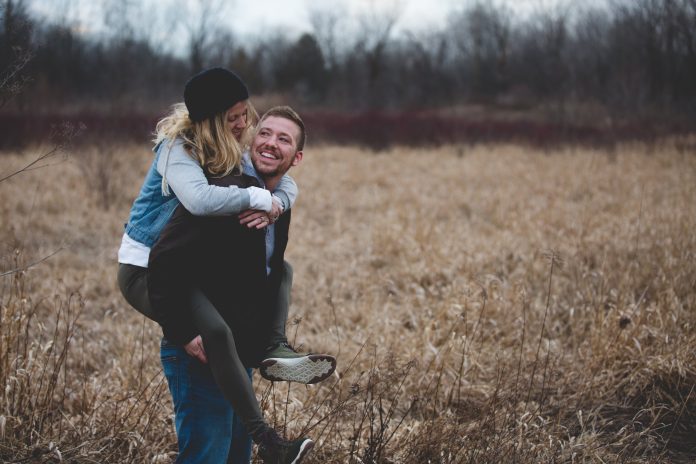
An addiction to love can happen in various relationships, including partners, parent/child, friendship, religious leaders, or gurus. The love addict places the other person above them and focuses obsessively on him or her.
The causes of love addiction are rooted in childhood trauma. Individuals lacking self-esteem or who had less-than-nurturing childhoods may grow up looking for constant reassurance from others. Relationship addicts also tend to enjoy the feeling of excitement that being “in love” brings,
The addict has unrealistic expectations of the other, anticipating unconditional positive regard, and that the other will always in respond in a way that meets the addict’s needs. Love addicts tend not to take very good care of themselves and their own needs.
The love addict fears abandonment and holds a fantasy or delusion that the other will fill a void and bring the happiness that has been missing from the addict’s life. There is a classic cycle, in which the addict first meets someone with whom they hope to live out the childhood fantasy of being rescued.
They remain in denial about inappropriate behaviors of the partner and do everything in their power to make the relationship work. When this fails, the addict withdraws for a time, but then resumes obsessing and fantasizing about the relationship, or begins the cycle again with a new partner.
Symptoms of love addiction include feeling lost when you don’t have a partner, prioritizing the relationship over every other personal relationship in your life, sometimes to the point of neglecting other personal relationships with family and friends, constantly seeking to be in romantic relationships even with partners you know are not good for you, obsessively thinking of your partner or love interest to the extent that it disrupts your life, feeling despondent when you are not in a relationship, and finding it difficult to leave unhealthy or toxic relationships.
Recovery involves taking responsibility for giving unconditional love and warm personal regard to oneself. It also requires ceasing to regard any other person as all-powerful or perfect.
If you have a love addiction it is wise to seek professional help. Getting healthy requires that you learn to be alone, recognize your unhealthy patterns, and work to change old patterns. Therapy also assists you in understanding when and how the pattern began, and to bring healing to those wounded parts.
Finally, it requires giving up the notion that someone else will take care of you. As adults, we can develop the ability to take care of ourselves, and to ensure that our own needs and wants are being met. Sometimes we must release our hold on another and claim our power ourselves.
Once we develop the ability to take care of ourselves when feeling down or lonely, we no longer seek that from others. Only then can you participate in healthy relationships. As I tell my clients, you are the only one guaranteed to never leave you! So best to cultivate that relationship.
Gwen Randall-Young is an author and award-winning psychologist. For permission to reprint this article, or to obtain books, CDs or MP3s, visit www.gwen.ca. Follow Gwen on Facebook for inspiration.

